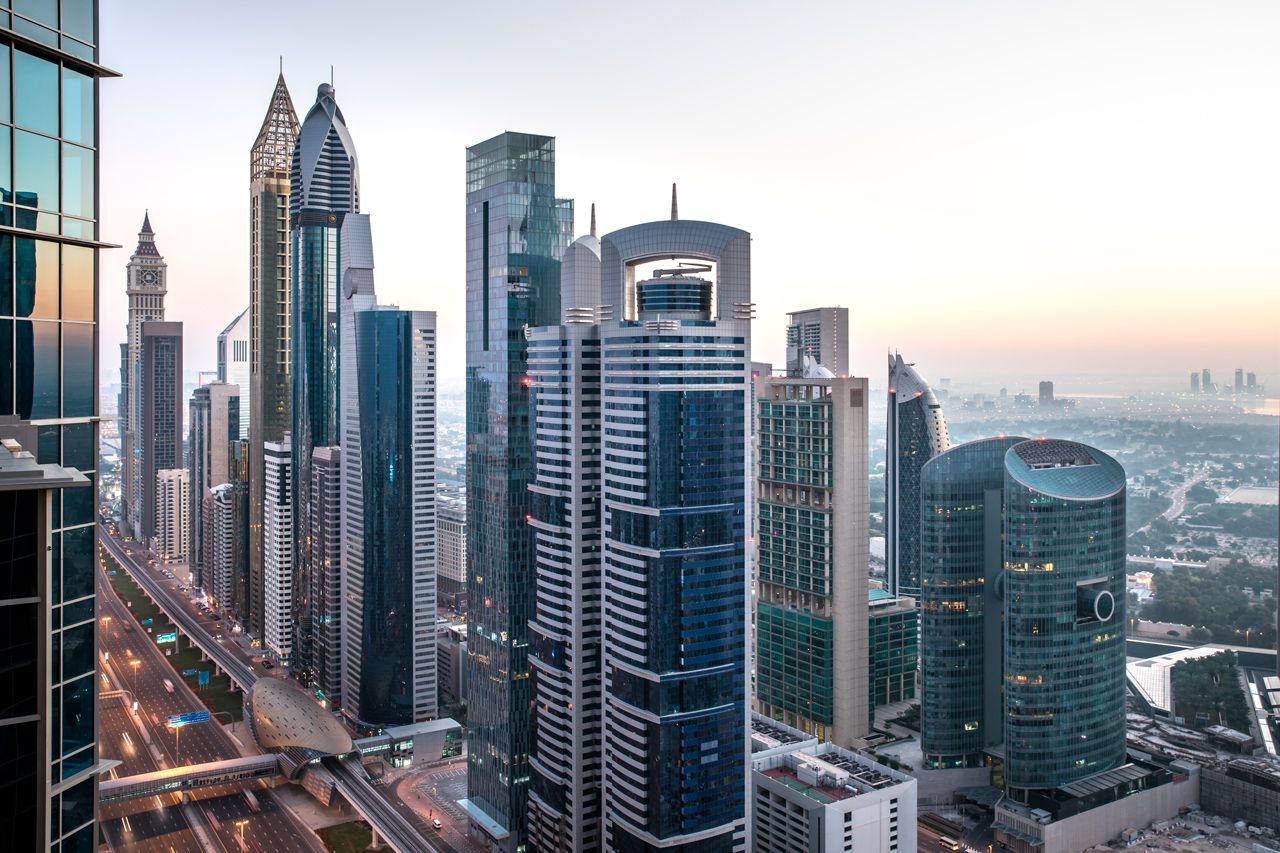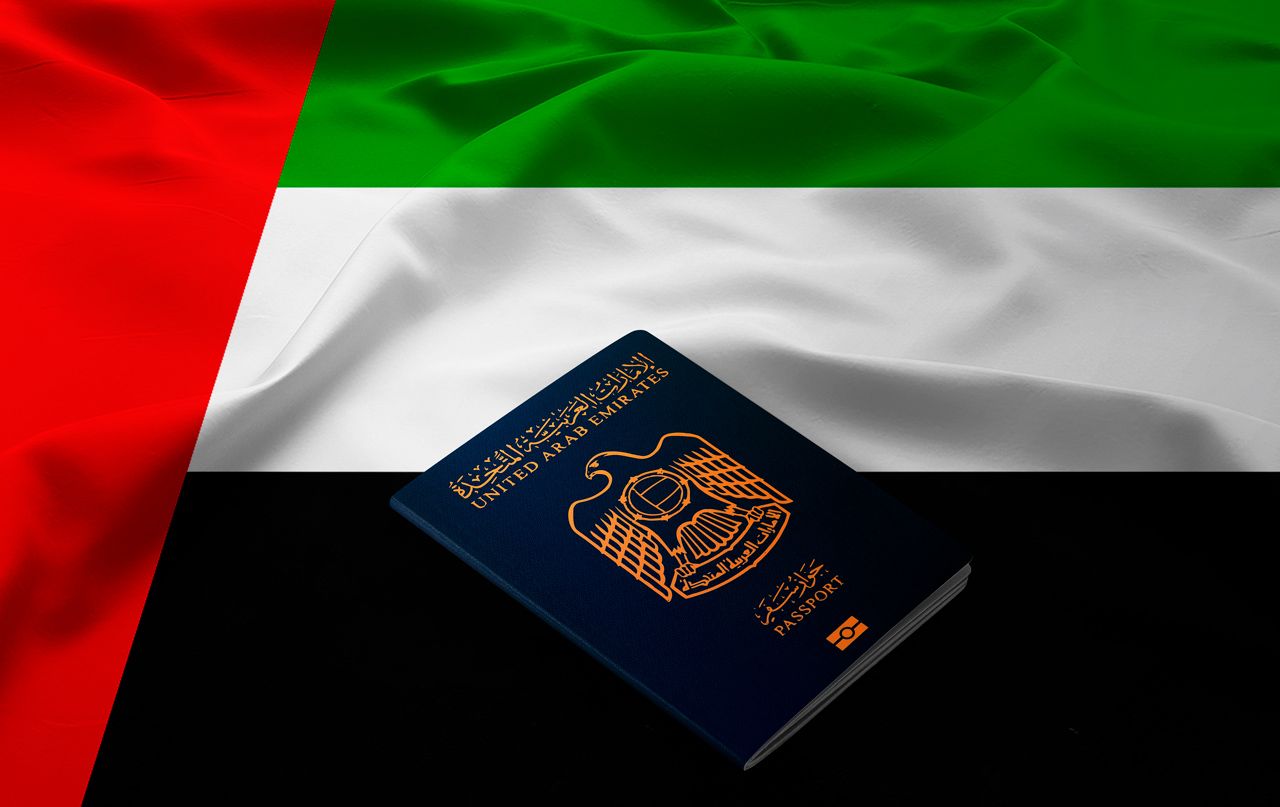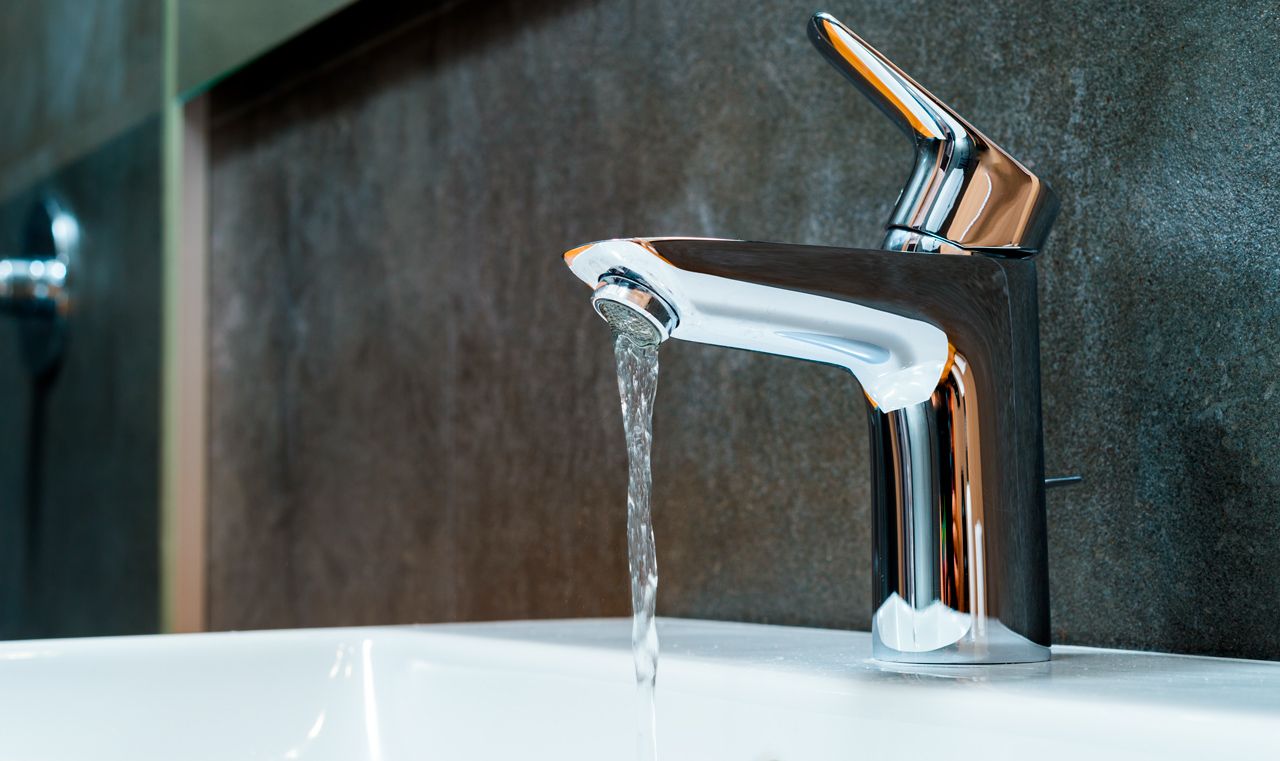Gender inequalities remain one of our greatest failings in human development. A range of foreign citizens mistakenly believe that the UAE is a country of contradictions, where there is no place for women’s rights. However, this is far from the reality, and even though traditional culture plays an important role in the UAE, it continuously attracts foreigners of any gender. In this article we plan to provide you with information about the most popular myths about women’s rights in the UAE, and the circumstances when a woman should get an approval from her guardian. This information might help you during your stay in Dubai or other emirates, and understand what rights you have.
Employment rights
The Labour Law provides female workers with the same wages as men if they perform the same work. Men and women have the same opportunities and The Law on Equal Wages and Salaries for Men and Women protects the rights of female workers. Moreover, the Gender Balance Council offers gender balance in leadership positions.
According to the World Economic Forum’s 2022 Global Gender Gap report, the country is one of the leaders in gender equality in the region, which can be seen by the role of women in business and government. Moreover, in accordance with the Georgetown Institute for Women, Peace and Security’s 2021 WPS Index, the UAE gained 1st place in the MENA region and 24th place among 170 countries in terms of progress in women’s inclusion.
It’s worth mentioning, that:
- 20% of leadership positions in Masdar, the Emirati energy company, are occupied by women
- 45% of working spaces in the national space sector of the country are held by female workers
- 20% of employees within the nuclear sector are represented by women
- Emirati women hold 86% of the national staff in Strata, a high-tech aircraft maker company, based in the country

Maternity Issues & Work
Working women get maternity benefits both in the private and government sectors. Female employees in the UAE government sector in Dubai should keep in mind the following information:
- A woman working in a permanent position is granted maternity leave of three months with full salary.
- A female employee has an opportunity to apply for maternity leave up to 30 days prior to the expected date of delivery.
- There is a chance to add annual leave and unpaid leave, which together should not exceed 120 days.
- A year from the birth of a child, women are offered 2 hours’ reduced working hours to nurse her child at the beginning or at the end of the working day. However, during the month of Ramadan women do not get nursing breaks.
- If a woman gives birth to a child with special needs, she is given childcare leave from the expiry date of the maternity leave to the date when the child reaches 1 year of age.
Rules in the private sector differ, and women working in private companies should take into account that:
- A woman is entitled to 60 days of maternity leave, which include 45 fully-paid days and 15 part-paid days.
- A female employee has the opportunity to apply for maternity leave up to 30 days prior to the expected date of delivery.
- There is also a chance to take an additional 45-days leave without pay if a woman has an illness because of a pregnancy/childbirth/. However, the illness should be proved with a medical certificate.
- If a baby suffers from a disability or is sick and there is a medical certificate, female employees can take an additional 30 fully-paid days leave.
- After resuming work, a woman is given one or two additional 1-hour breaks for nursing the child for 6 months from the date of delivery

Financial rights
Women in the UAE have a right to open a business, just as much as men. They have access to ownership, natural resources, financial services, and much more, in accordance with national law. About 10% of the total number of businesses in the private sector of the UAE are owned by women, and 23,000 of them run projects worth over AED 50B (USD 13.6B). In addition, 23 Emirati women were on Forbes’ 100 Most Powerful Arab Businesswomen in 2020.
The UAE is a progressive country, which is popular among investors of any gender. Emirati and foreign women have the right to purchase property in the UAE, as well as obtain a mortgage. However, it’s important to be acquainted with the local laws to avoid any problems.
All courts adhere to Sharia laws in regards to inheritance, which means that if an unfortunate incident happens with an expat, the distribution will be different from the laws in your home country.
If a foreign citizen doesn’t wish to allocate the wealth according to the Sharia law, he/she should choose the beneficiaries and write a will. This will allow you to distribute your real estate unit in accordance with your own wishes. To make a will, you should take several steps:
- Consult a legal specialist in Dubai and draft your will.
- Make an appointment with an executor of the will and guardian. Choose them very carefully, they must be your relatives or friends, and be over 21 years old. The executor will distribute your assets to the beneficiaries.
- After the draft is ready, translate it into Arabic, as the documents submitted to Dubai Courts should be in this language. But if you register your will in DIFC Wills Service Centre, the English version will be enough.
- Register your will at the DIFC Wills Service Centre or Dubai Courts

Healthcare for women
The UAE offers one of the best healthcare systems in the region, which is widely appreciated by local and foreign women. Therefore, there is no need to worry about your health while staying in Dubai or any of the other emirates. Among the most popular, and necessary feminine health checks are regular cancer screenings, mental health support groups, heart health checks, etc. Public and private healthcare centers have websites where women can make appointments via phone or online and choose the packages they need based on their personal medical history.
The average life expectancy for women in the UAE is 78, and for men – 76. One of the biggest health issues in the country is Vitamin D deficiency, which can lead to a weakened immune system, cardiovascular problems, infertility, diabetes, and even cancer. Therefore, women are advised to get regular check-ups, which are often covered by medical insurance.
Medical assistance for reproduction by licensed medical facilities is allowed in the country. Among the key terms and conditions ones should consider the following:
- The technique can be applied after establishing that a pregnancy cannot happen the natural way for a period of a year or more.
- A certificate stating that there is no danger for a woman’s health should be issued by a specialist.
- The male should be informed about the process of the technique, its cost and the rate of women getting pregnant in similar cases.
- The male should provide written consent, saying that he accepts the use of the technique, etc.
Abortion is considered a crime, unless a pregnancy endangers the woman’s life or it’s evident that a baby will be born with deformities and won’t survive. The abortion in these cases are allowed before the foetus turns 120 days, which is one week into the second trimester. The woman should get an approval from an authorised medical center. After the 120 days of pregnancy abortion is prohibitied, no matter the case.
Note: A legal marriage is necessary to get legal recognition for the child. If a woman wishing to give birth to a child doesn’t have a marriage certificate, the hospital staff has the right to call the police, who will refer a file to a Personal Status Court, and a decision about the registration of a child’s birth is taken by a judge.

Women & Politics
Due to the fact that the UAE isn’t a democratic state, its citizens don’t choose the heads for the country or the other emirates. However, since 2006 men and women can take part in the Federal National Council (FNC) as voters and candidates. The UAE’s Gender Balance Council is responsible for developing and implementing initiatives to enhance gender balance, and 50% of FNC members are women.
In the UAE Cabinet 9 out of the 33 members are women, including Reem bint Ibrahim Al Hashimy who serves as the Minister of State for International Cooperation, Noura bint Mohammed Al Kaabi who works as the Minister of Culture and Youth, Jameela bint Salem Al Muhairi who is the Minister of State for Public Education, just to name a few. Shamma bint Sohail Faris Al Mazrui, the Minister of State for Youth, was appointed at the age of 22 in 2016 and became the youngest minister in the world.
The UAE has also appointed women as ambassadors since 2009. The diplomatic training programmes started taking place in 2015, and it’s worth noting that 60% of the Anwar Gargash Diplomatic Academy graduates have been female. For instance, Fatima Khamis Al Mazrouei serves as the UAE Ambassador to Denmark, Hafsa Al Ulama as the UAE Ambassador to Germany and Hend Manea Saeed Al Otaiba as the UAE Ambassador to France.

Family & Divorce Issues
The law states that the age of consent for marriage is 18. However, according to the Quran, the age of consent for marriage is puberty. And with approval of a judge, a child under 18 years old has the right to marry, however a guardian should agree to a woman’s marriage. It’s worth noting that Emirati men have the right to marry up to four women if they can support them equally.
While men can immediately divorce, women should apply for a court order. A woman has custody over children until boys turn 11 and girls – 13 years old, which means that after the divorce, an ex-husband, no matter if he is a citizen or an expat, has the right to get full custody after children turn these ages.
Emirati females have started thinking about their self-realisation, and due to the education and jobs they can get, they are quite independent. Now women in the country aren’t just housewives. Couples therapy is also popular in the UAE, and Arab women try to convince their husbands to join them to solve family issues and avoid divorces.
Note: It’s worth noting that foreigners often choose the UAE as a place for divorce, as a person of any nation and religion has the right to request the divorce in the country. The couple should be UAE residents for at least six months before applying for a divorce. If both parties don’t come to an agreement, the divorce will proceed through the court.
Education for women
Women are allowed to complete secondary education and enrol in universities. The total literacy in the country is about 95%, and the literacy level of women in the UAE is 95.8%, compared to the 1975 rate of literacy among women which was 31%.
The majority of Emirati women (77%) enrol in higher education institutions, and 70% of them are graduates from Emirati universities. Almost two thirds of students attending government universities are women, and about 50% of students are women in private institutions.
It’s worth noting that since 2014, women in the UAE have a right to study at the first military college for women, Khawla bint Al Azwar Military School, where world-class training and leadership development are offered there. At the moment, there are 4 women working as fighter pilots and over 30 female special security forces professionals in the UAE.

How Can We Help?
Metropolitan Premium Properties professionals will provide you with all the information about living in Dubai, as well as offering a wide range of properties to purchase or rent even in the most highly sought-after areas. Being the leaders in the real estate market, we will find the most suitable property for you and your family within close proximity to education institutions, clinics and entertainment activities. In addition, our highly experienced specialists will assist you in getting a mortgage, as well as explaining the recent changes to the visa system.





